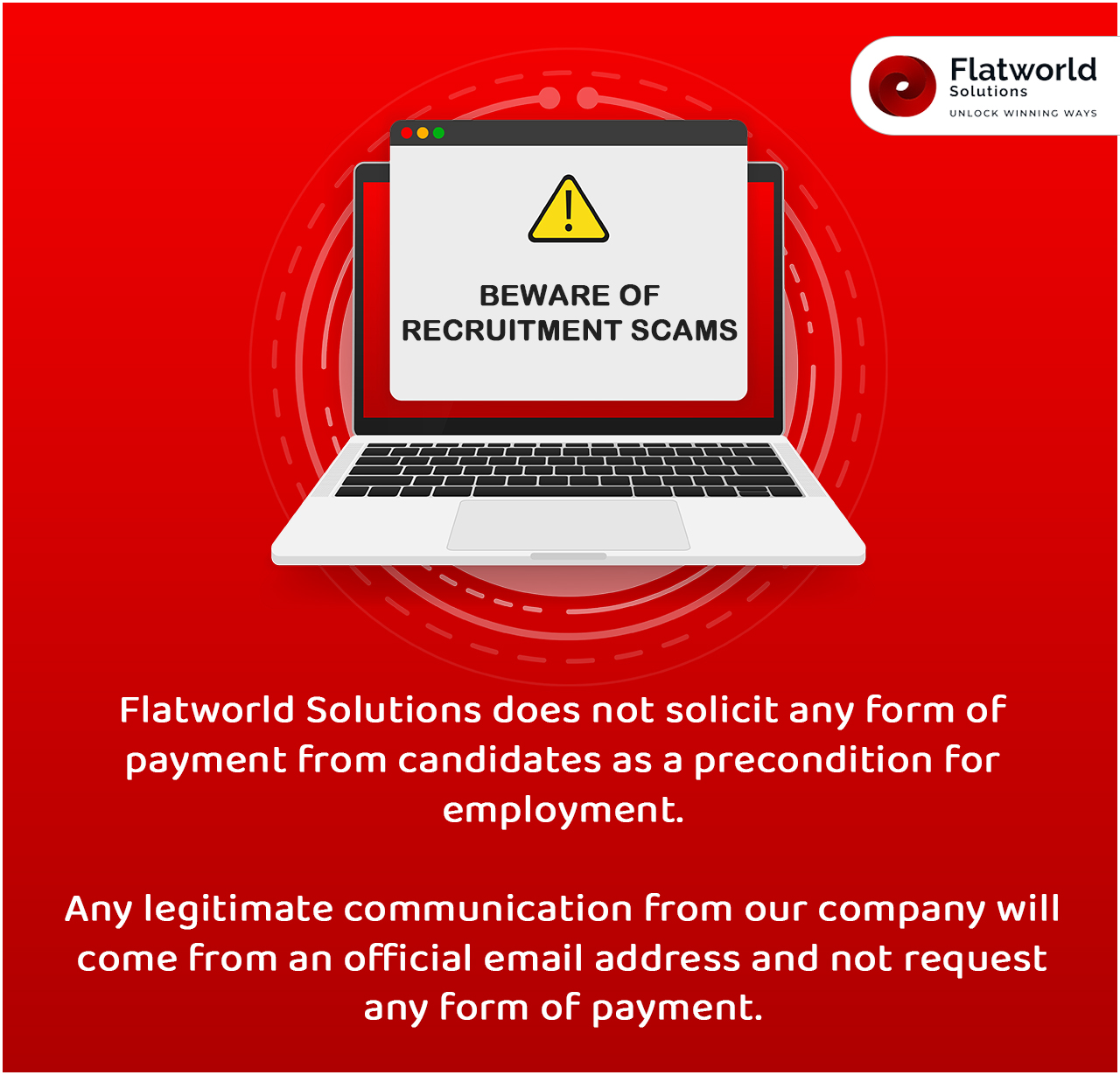Outsourcing has dramatically increased the fortunes of many companies making it an attractive business opportunity that many want to try out. While the whole concept of 'outsourcing' is pretty simple, most companies choose an outsourcing company based on only one or two factors and this very often leads to failure. In order to avoid facing an 'outsourcing disaster', there are a few basic factors that one has to take into consideration before making the decision to outsource.
Listed below are the top ten rules that have to be followed before choosing to outsource your first project.
- Do the required groundwork: Outsourcing companies vary dramatically in size, infrastructure, capital, language, and talent. Make a list of the different companies and categorize them based on their plus and minus points. While factors like size and name recognition are important, the winning outsourcing vendor will have to have the right combination of the factors that best suits you and the needs of your project. It is important to remember that factors like technology infrastructure, language and talent play a much more important role in the choice of the outsourcing company than mere size and capital.
- Start out with small tasks: It is prudent to start out your first outsourcing project with a small task. Once this task is determined, and a decision is made to use an outsourcing vendor, the task must be described in clear detail, mentioning the expectations from the outsourcing company, the objectives and all necessary details of the job that needs to be done. Once completed, you will be able to discern if there are any outsourcing problems that need to be addressed.
- Set clear expectations: Making sure clear expectations are set before the onset of an outsourcing project can eliminate certain outsourcing concerns to an extent. Common outsourcing problems like time delays, exceeding project costs and quality of the completed work can be minimized when you choose to be upfront and clear about what you consider as good work.
- Be prudent about paperwork: Complete all necessary paperwork before the start of any outsourcing project. Be sure that you sign all necessary security and confidentiality agreements. Also ensure that all aspects of legal issues concerning outsourcing are well covered.
- Pay a fair price: Try to avoid mixing in a "cost cutting focus" in your first project. It's natural to want to go on a bargain hunt, but if you find a good vendor that you can afford, don't haggle too much. Your priority here should be to pick the right outsourcing company that matches your specific need and not the one which accepts a few thousands less.
- Be culturally sensitive: A common outsourcing problem faced by those outsourcing their first project is the differences that crop up due to disparity in culture. Since most outsourcing companies are based out of Asia, you may be required to deal with certain cultural differences. Trying to accommodate these differences can help your relationship be more efficient and pleasant.
- Try delegating instead of abdicating: This is a common outsourcing concern faced by many newcomers. They forget that the concept of outsourcing is based on delegating and not abdicating your core and non-core activities. Delegating is a long running task that involves giving directions, controlling execution, providing ongoing feedback, and making sure that your outsourcing vendor is accountable for their actions.
- Create a safety net: Outsourcing is a high risk activity and it is essential to have a backup plan that will take care of the situation if an outsourcing problem occurs. Creating a safety net for your project will serve the twin purpose of helping you incase the outsourcing project fails and giving you the space to act with more confidence.
- Communicate effectively: Developing proper channels of communication is essential to the success of your first outsourcing project. In different countries, people have their own way of communicating, so it might take a little time to understand the proper way to criticize work or discern when a 'yes' means 'no' or vice versa. Also ensure that you place daily status calls to the outsourcing company to curb the growth of any unseen or last minute outsourcing problems that may occur.
- Know when to quit: In the event of an extreme case where an outsourcing problem continues to deteriorate even with your continuing efforts to salvage it, it is better not to waste any time but to choose to terminate the project with the outsourcing company as soon as possible. This is a much better option than choosing to wait till the last minute and incurring heavy losses.
Finally, it is important to remember that it never pays to outsource just once. For it is with repeated trials that you gain the needed efficiency to become a success. Opt instead to build on your success by correcting your past mistakes and adding complexity to succeeding outsourcing projects.
Contact Us
USA
Flatworld Solutions
116 Village Blvd, Suite 200, Princeton, NJ 08540
PHILIPPINES
Aeon Towers, J.P. Laurel Avenue, Bajada, Davao 8000
KSS Building, Buhangin Road Cor Olive Street, Davao City 8000
INDIA
Survey No.11, 3rd Floor, Indraprastha, Gubbi Cross, 81,
Hennur Bagalur Main Rd, Kuvempu Layout, Kothanur, Bengaluru, Karnataka 560077


